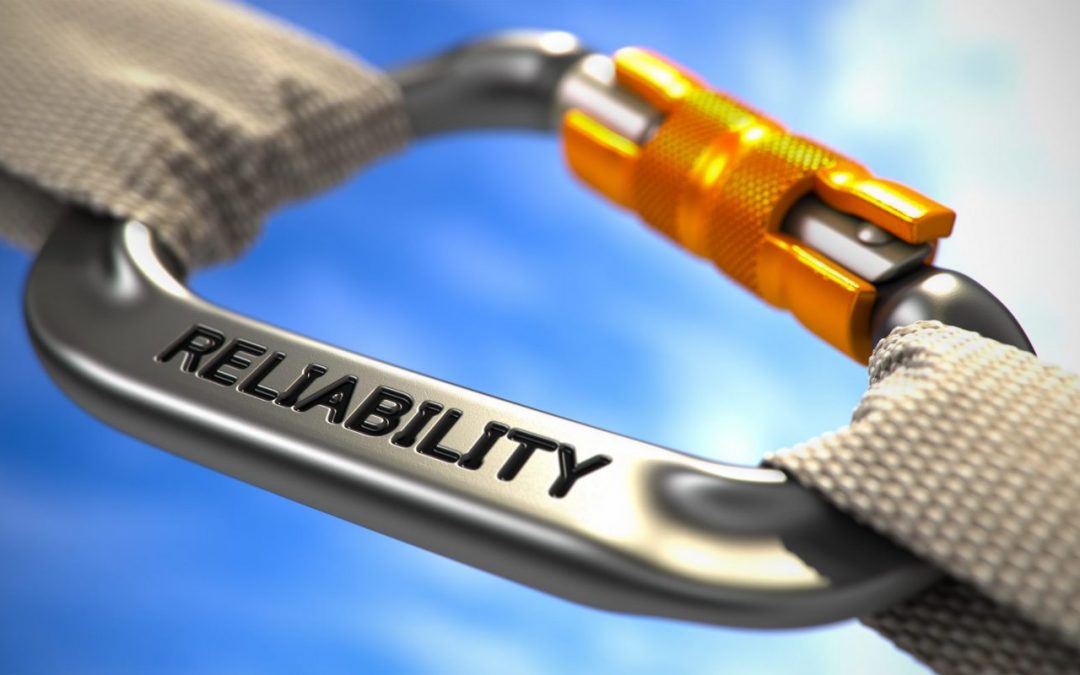Ability is important in our quest for success, but dependability is critical. This is common sense and many times leaders lose touch with this fact. Hence, a famous American author and motivational speaker, Zig Ziglar had to reiterate this.
Simple and critical
Organisations identify white spaces in the market and bring out their offering to occupy the vacant space. Their ability to understand the needs of their customer segment and develop a solution to address the need is critical for their existence and paramount for their start. However, for long-term success, they have to fulfil these needs on a sustained basis, time after time. Customers have to find what they need every time they place a request or an order.
Organisations who have been able to do this well have survived the uncertainties and volatilities they have faced over time. Not only they have survived but thrived. They have been able to create value for the stakeholders they deal with, right from investors and customers to employees, business partners and society at large. Investors have seen ROCE (returns on capital employed) higher than the market average; customers have consistently been satisfied, stayed loyal by placing repeat orders and advocated their brand; employees similarly love working for the company, become their brand ambassadors, stick to the organisation longer than the industry average and deliver output at a higher level than the industry norm. Business partners commit lion’s share of their attention and resources to deliver at their best and look for long-term association. Society wants the company to be successful and trusts the organisation to be fair and responsible.
Reliability as a concept is very simple and at the same time, critical for every institution. Zig Ziglar has summarised it well for us that ability is important but dependability is critical. What do organisations need to do to stay reliable?
In the Short Term
Firstly, it is the leadership team that has to believe in delivering a reliable solution and lead the efforts in defining the niches that the organisation serves and the unique strengths that the organisation combines to deliver what the customer needs. This is hard work and easier said than done; often this is something that needs periodic review and course correction. Manufacturing organisations will have a longer cycle time than services organisations; however, this process needs to be carried out periodically and the product life cycle has to be extended accordingly.
Secondly, we need the operational systems and processes to be aligned well in tracking our performance while engaging with customers across all transactions, right from handling queries and enquiring for orders to fulfilling the requirements and servicing them after the delivery. We need the right metrics in place and continuous tracking of the same. We have to align the rewards and recognition systems in the organisation aligned with these metrics.
It is equally important to measure how every customer is responding to our performance. Sometimes, customers do not reciprocate with the same level of professionalism that we are trying to benchmark ourselves against. For example, if a customer does not respect the payment terms, makes changes in orders after placing them and expresses dissatisfaction with the pricing, we have to assess if we are investing efforts in the right relationship.
In the Long Term
Markets keep evolving and so does the preferences of customers. Competitors or new categories challenge the business models and sometimes, the viability of the business itself. Hence, it is very important to observe the shifts taking place in the market and the patterns of demand; we have to keep our eyes open for the new opportunities that emerge in our markets. It is important to make changes within the organisation accordingly.
Listening to the voices of customers, business partners and employees will give an idea of the changes taking place. And at the same time, markets are to be scanned for new opportunities so that we can hedge the risks of obsolescence. It is important to use technology and sometimes, external experts to bring in efficiency and an unbiased view of the ground reality and at the same time, estimate the size of the unsuspected possibilities.
Building reliability in the organisation’s offerings and operations costs money and draws upon the time of the senior-most people in the organisation. Hence, this is an expensive programme, but it is critical to guarantee long-term returns to the stakeholders.


